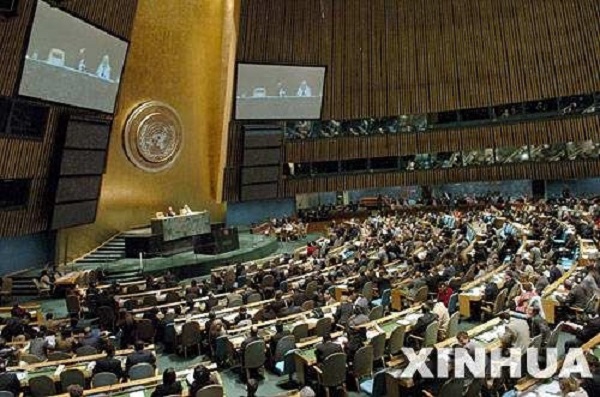United Nations, The UN General Assembly elected Venezuela, the chair of the Non-Aligned Movement, to the Human Rights Council by a narrow margin on Thursday, overcoming opposition from the United States and rights groups and a last-minute challenge by Costa Rica.
Venezuela with 105 votes defeated Costa Rica, which received 96 votes in the closely watched Latin American segment of the elections for 14 members to the Council.
The other Latin American seat was won by Brazil with 153 votes.
Most of the Non-Aligned and developing countries rallied around Venezuela, which along with Brazil was the nominee of the Latin American-Caribbean group before Costa Rica joined the fray with US and western backing to oppose Venezuela.
Venezuela became the chair of the Non-Aligned Movement in 2016 for a three-year term by convention after hosting the group’s summit.
Indonesia, Japan, Marshall Islands and South Korea were elected for the Asia-Pacific seats on the Council, of which India is already a member. It was a re-election for Japan, which is already on the Council, while another sitting member from Asia, Iraq, lost its re-election bid.
The Geneva-based Council has 47 seats that are distributed geographically and members serve three-year terms enabling annual elections by secret ballot of a third of the membership.
The others elected on Thursday were Armenia, Poland, Germany, Netherlands, Libya, Mauritania, Namibia and Sudan.
Moldova lost its bid for an East European seat. The candidates for the West European and Others Group and the African Group seats were elected unopposed.
The Venezuelan government of President Nicolas Maduro has been widely criticised for human rights abuses and accused of retaining power after a disputed election last year.
The National Assembly refused to recognise the election of Maduro and declare its President, Juan Guaido, the acting President of the country.
Guaido won the recognition of the Organisation of American States as the President of his country.










